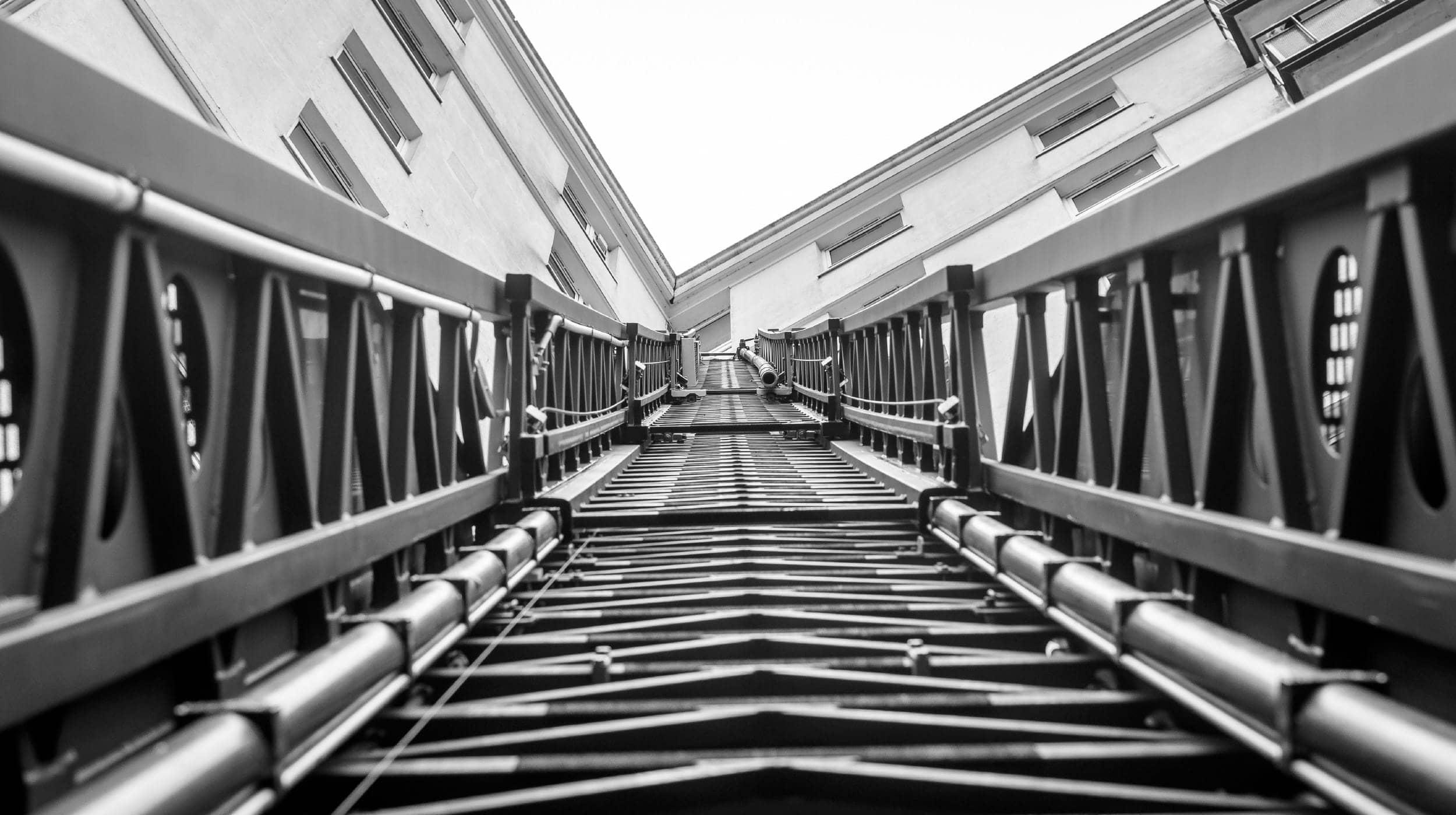What can I do to reduce the risk of fire at my business/workplace?
The Regulatory Reform (Fire Safety) Order 2005 (as amended by the Fire Safety Act 2021) (FSO) and the Fire Safety (England) Regulations 2022 (which come into force on 23 January 2023) place a legal requirement upon employers and persons with responsibility for premises. These responsibilities and safety measures are designed to protect life regardless of fire service intervention. It is, therefore, essential to ensure that all existing fire safety provisions are in place and effective.
To help small businesses understand your legal duties for fire safety, NFCC has developed a free, interactive Business Fire Safety Awareness Tool. Directors, Senior Managers and Health & Safety Managers will want to ensure the following are maintained and considered:
Check business continuity plans.
Review their existing fire risk assessment.
Ensure any measures they take are in place, working and effective.
Check staff are fully aware of fire and evacuation procedures.
Take appropriate steps to enhance staff vigilance.
Review arrangements for calling the emergency services.
The need for additional staffing or patrols.
I’m making changes to my premises – what actions am I required to take?
Any changes made to your premises (such as closing off areas, using areas for storage, or altering the layout) require your fire risk assessment to be reviewed. The fire risk assessment should determine the level of risk resulting from the changes and any mitigation measures e.g. more frequent deliveries/collections, or the use of other sites to provide storage.
The rise in living costs means I need to reduce the number of staff. What fire protection considerations do I need to factor in?
Responsible persons should ensure that the premises’ fire risk assessment reflects the added risk a reduction in staff poses. Where businesses are operating with fewer staff, this could mean that current processes may no longer be able to be carried out safely, increasing the risk of fire. Similarly, a reduction in staff may result in employees not being able to successfully carry out evacuations and emergency procedures, such as in-house fire response or fire warden duties.
Employers should continue to undertake and review their Personal Emergency Evacuation Plans (PEEPs) and Generic Emergency Evacuation Plans (GEEPs) for relevant persons. Procedures should be reviewed so that they accurately reflect the staff available. Such reviews must carefully weigh the risks from fire and the ability of such businesses to operate safely.
I’m considering changing how I heat my premises to save money due to rising energy bills – what do I need to be aware of to protect my premises?
Businesses, especially small to medium sized ones, may avoid using central heating and
look to use portable heaters and small open fires in the spaces they use. Portable
heaters are not restricted to electric heaters and can present additional risks so must be
considered.
Portable heaters
People may use devices that have not been used for several years, or have had stored away for emergencies, such as when central heating has needed repair.
Check that your heater is not subject to a product recall or repair.
Heaters must not be placed where they will block an escape route or have the potential risk to cause a fire, e.g. under desks, or congested spaces.
Plug electric heaters into a wall socket not an extension lead, as they can easily be overloaded and cause fires. They must only be moved when they have been switched off and have cooled down.
Only use a heater in rooms they are designed to be used in.
Never install, repair, or service appliances yourself. Make sure anyone who does so is registered with the Gas Safe Register (for gas appliances), the Heating Equipment Testing and Approval Scheme (HETAS) (for solid fuel appliances), or the Oil Firing Technical Association (OFTEC) (for oil appliances), or a qualified electrician for electric heaters.
Make sure gas, paraffin, and LPG (Liquefied Petroleum Gas) cylinders are stored safely outside in a secure location and out of direct sunlight. Make sure you change cylinders for portable heaters in a well-ventilated place and away from sources of heat and ignition.
Second-hand heaters should be avoided. If you need to buy one, however, check it closely for damage an if in any doubt avoid it. Make sure it is made by a manufacturer you recognise and if the seller cannot provide the instruction manual look online and download a copy. This will ensure you know how to use the heater correctly and can reduce the risk of fire.
Outdoor heaters
I’m considering reducing or limiting energy use on my premises to save money due to rising energy bills – what do I need to be aware of?
Introducing a policy to reduce or limit energy usage may have an impact on your fire safety measures operating effectively. For example, the operation of automatic fire detection systems, emergency lighting, automatic door hold-open devices, smoke control devices and automatic ventilation systems, and sprinklers systems could be affected.
Ensure that suitable back-up systems, such as battery backup systems, are in safely place to support the reduction of energy usage. Ensure checks are in place so that fire safety systems have restarted correctly and are operating as they should.
In addition to checking fire safety systems, you should ensure that other equipment that stops during power cuts restarts safely and does not pose a fire risk when doing so, especially if restarting whilst unsupervised. This may also affect the use of medical equipment and storage of some medicines (e.g. in care homes, GP surgeries, hospitals, or day care facilities).
I’ve made changes to my storage/stock handling – how can I reduce the risk of fire?
Following any changes to how and where stock is stored, businesses should ensure that entrances and exits are clear at all times. Increased stock levels may result in a higher fire loading, which fire safety systems (such as sprinkler systems) may not be designed for. Any change to your premises, including how and where stock is handled and stored will require the fire risk assessment to be reviewed.
What could power cuts or reduced any supply mean for my fire safety systems?
In case of any power cuts locally and nationally, back-up measures must be put in place, as well as checks to ensure fire safety systems have restarted correctly and are operating as they should. In addition to checking fire safety systems, businesses are encouraged to ensure that other equipment that stops during power cuts restarts safely and does not pose a fire risk when doing so, especially if restarting whilst unsupervised. This may also affect the use of medical equipment and storage of some medicines (e.g. in care homes, GP surgeries, hospitals, or day care facilities).






